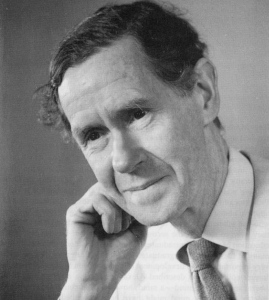A Quote by C. S. Lewis
The process of living seems to consist in coming to realize truths so ancient and simple that, if stated, they sound like barren platitudes.
Related Quotes
All that's known is this: there is no central processor, no single computer. Nothing that simple. Millions of neurons process information simultaneously and in parallel, not linearly, but the actual chemistry and electrical properties of that integrative process are still being mapped. Even so, it seems odd that during the evolution of brain circuitry and thinking, the ability to understand itself did not get wired in. Such built-in innocence seems like a terrible oversight.
Practice can be stated very simply. It is moving from a life of hurting myself and others to a life of not hurting myself and others. That seems so simple-except when we substitute for real practice some idea that we should be different or better than we are, or that our lives should be different from the way they are. When we substitute our ideas about what should be (such notions as "I should not be angry or confused or unwilling") for our life as it truly is, then we're off base and our practice is barren.
There are several kinds of truths, and it is customary to place in the first order mathematical truths, which are, however, only truths of definition. These definitions rest upon simple, but abstract, suppositions, and all truths in this category are only constructed, but abstract, consequences of these definitions ... Physical truths, to the contrary, are in no way arbitrary, and do not depend on us.
Some people study a text very deeply. The people are my text. I study their words and what their words sound like, over and over again. When I was a kid, my grandfather said that "if you say a word often enough, it becomes you." Thinking of that later in life gave me this idea that I could try to become America by learning the words of people from many aspects of the country. It doesn't matter how educated they are. By living in the world and living their experiences, they bring extraordinary truths. I try to do those truths justice.
Most corporate mission statements are worthless. They consist largely of pious platitudes such as: "We will hold ourselves to the highest standards of professionalism and ethical behavior." They often formulate necessities as objectives; for example, "to achieve sufficient profit." This is like a person saying his mission is to breathe sufficiently.





































